On the Gospel of John, Part 41: God Glorified
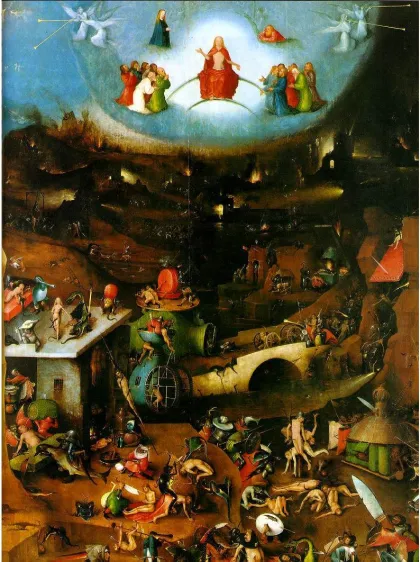
On the Gospel of John, Part 41: God Glorified
All Christians can profess to glorify God, but only Identity Christians can know exactly how and why God should be glorified.
Presenting the final portion of John chapter 16 we discussed the Consolation of Expectation, as Christians encompassed by a world of sin certainly should find their consolation in an expectation of the fulfillment of the promises of Yahweh their God, and in turn that should be the substance of their faith. Yahweh God is glorified when man realizes that He keeps His promises, and comes to understand that He is true. Abraham was made an example as Yahweh had spoken to his son Isaac, and explained that his father was blessed “5 Because that Abraham obeyed my voice, and kept my charge, my commandments, my statutes, and my laws.” Abraham had done those things because he believed Yahweh, as we read in Romans chapter 4, “Abraham believed God, and it was counted unto him for righteousness.” In that same manner, if we believe God and keep His commandments it shall be counted to us for righteousness. We find this where Paul, speaking of Abraham’s seed, or offspring, had said in that same chapter “that righteousness might be imputed unto them also” who “walk in the steps of that faith of our father Abraham.” That faith of Abraham was his belief that God would indeed keep his promises.


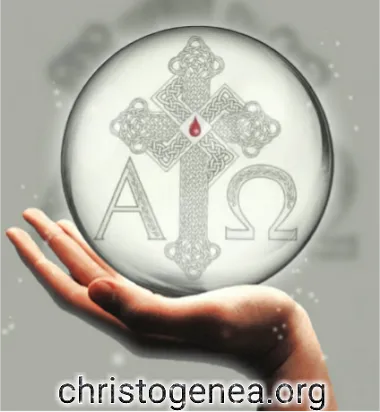
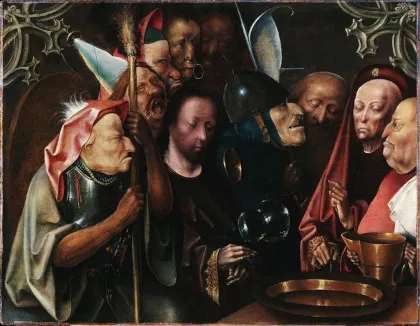
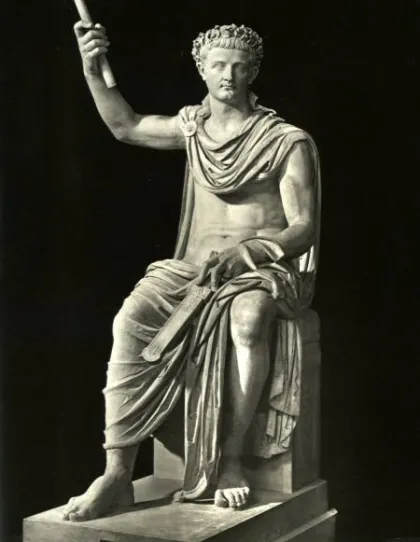
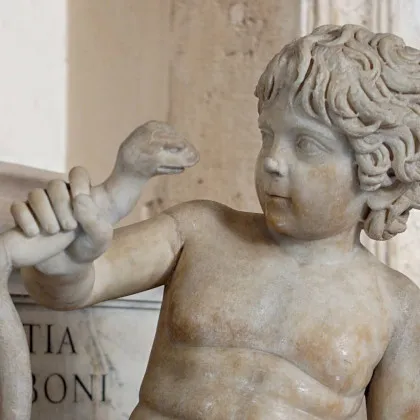
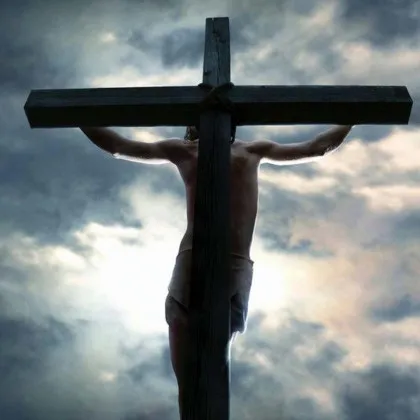
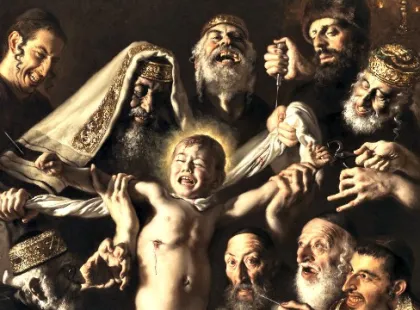
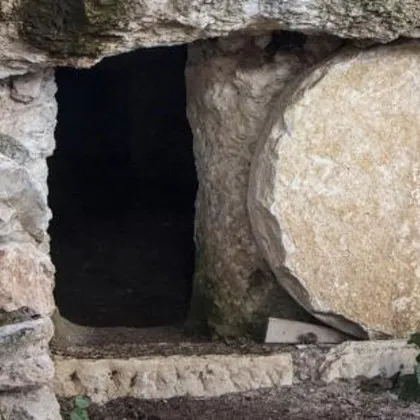






 Please click here for our mailing list sign-up page.
Please click here for our mailing list sign-up page.







